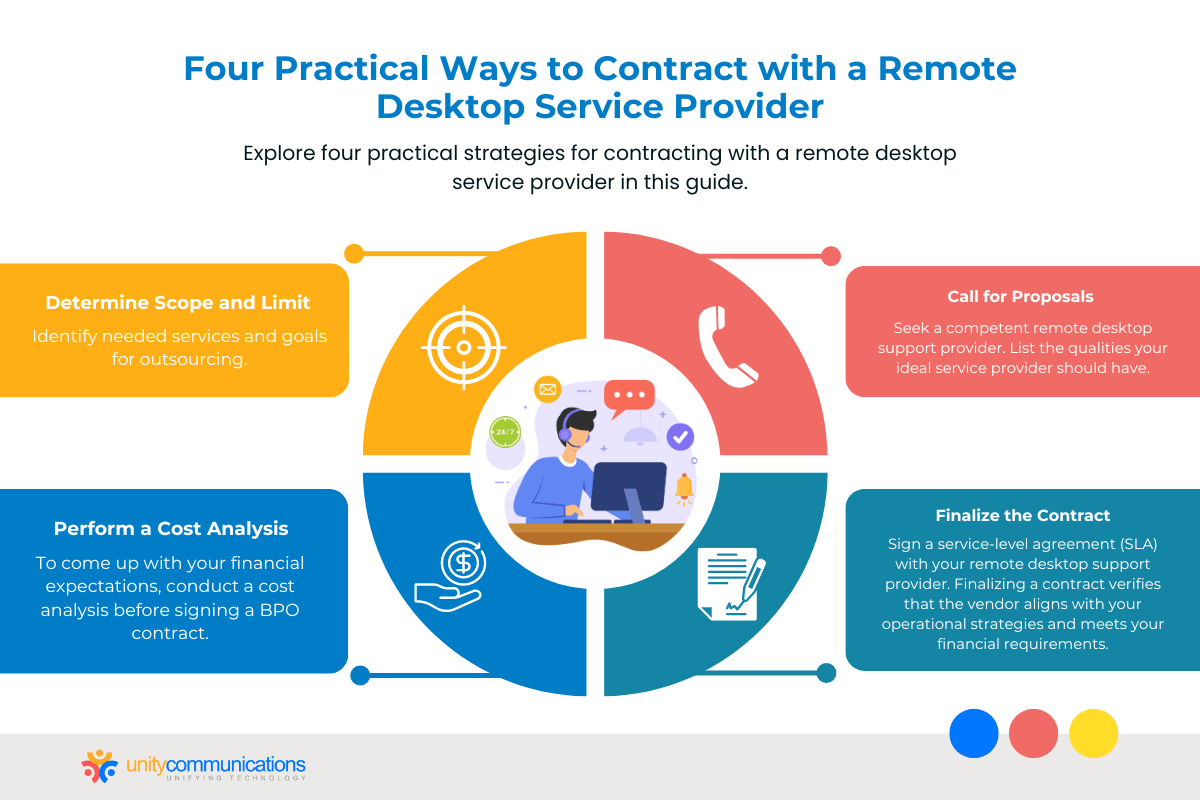The Rise of Remote Professionals: Key Advantages for Employers and Workers
The development of remote professionals has actually indisputably improved traditional workplace characteristics, presenting compelling benefits for both companies and staff members. This shift not just improves versatility and work-life equilibrium for workers but additionally allows companies to take advantage of a varied worldwide ability pool, inevitably fostering advancement. The expense savings associated with remote operations can considerably influence a business's lower line. The ramifications of this fad prolong beyond mere logistics, triggering a much deeper exam of just how remote work affects performance and corporate culture. What variables will determine the success of this progressing design?
Boosted Adaptability for Employees
Welcoming remote work arrangements permits workers to appreciate extraordinary adaptability in their daily regimens. This newly found autonomy enables individuals to customize their job routines to straighten with individual dedications, boosting work-life equilibrium. Workers can assign time more successfully, taking care of family members needs, individual development, or health and wellness tasks without the constraints of standard office hours.
Furthermore, the capability to function from various areas promotes a feeling of liberty that can considerably lower stress and anxiety degrees. This versatility can lead to enhanced work contentment, as employees really feel much more in control of their atmospheres and duties. The removal of extensive commutes even more improves this flexibility, enabling employees to redeem important time that can be redirected towards both specialist jobs and personal passions.
Enhanced flexibility also equips staff members to produce ideal job conditions that suit their individual preferences, whether they flourish in a quiet office or in a vibrant café setup. This personalized technique can improve productivity and creativity, as people are most likely to engage deeply with their jobs in atmospheres where they feel comfortable and concentrated. Inevitably, the shift in the direction of remote job offers a transformative possibility for staff members to redefine their professional experiences.
Accessibility to Worldwide Skill
The shift in the direction of remote job not only advantages workers but also opens new opportunities for companies looking for to expand their skill pool. By welcoming remote work, companies can take advantage of a diverse array of abilities and experiences from around the world. This accessibility permits companies to recruit top ability, no matter geographical restraints.
Accessibility to international skill boosts technology and creativity within groups. When individuals from numerous social histories and professional experiences work together, they bring special viewpoints that can lead to a lot more reliable analytic and revolutionary ideas. Additionally, recruiting worldwide aids organizations load ability voids that might exist in local markets, making certain that they continue to be affordable in an ever-evolving landscape.
Furthermore, the ability to employ remote specialists can substantially enhance labor force variety. A diverse team not only promotes an extra inclusive workplace yet additionally improves a business's online reputation, attracting more ability and customers who value business obligation.
Expense Savings for Employers
As companies increasingly take on remote job methods, they can recognize substantial expense savings that directly influence their lower line. By allowing workers to function from home, business can decrease costs associated to workplace area, utilities, and upkeep.
Additionally, remote work can lower employee-related expenses, such as travelling reimbursements and on-site amenities like treats and beverages. Employers can also gain from a wider talent pool, allowing them to hire specialists from areas with reduced wage assumptions without endangering on certifications or skills.
Furthermore, firms may experience decreased worker turn over rates, resulting in decreased recruitment and training costs. The flexibility of remote work frequently translates to higher work contentment, which can cultivate commitment and decrease the costs related to hiring and onboarding brand-new ability.

Improved Work-Life Balance
Achieving a harmonious work-life equilibrium has ended up being increasingly achievable for remote experts, adding considerably to their general find out here well-being. The versatility intrinsic in remote job enables individuals to customize their schedules around personal dedications, such as household time, workout, and hobbies. This adaptability not only alleviates tension however additionally cultivates a much healthier way of life.
Additionally, remote job eliminates the typically lengthy commute, which can interfere with personal time. By recovering those hours, staff members can buy tasks that boost their high quality of life, ultimately resulting in enhanced psychological health. This shift towards a more balanced lifestyle can decrease burnout and boost job complete satisfaction.
Companies take advantage of this enhanced work-life equilibrium too, as pleased staff members are more probable to remain fully commited to their roles. A helpful work atmosphere that prioritizes individual health can bring about lower turnover rates and an extra cohesive team dynamic.

Enhanced Performance and Performance
Remote professionals typically experience an exceptional increase in productivity and performance, with researches indicating that up to 30% of remote workers report greater efficiency compared to their in-office equivalents. The adaptability of remote job likewise allows workers to customize their routines to peak productivity hours, resulting in completed tasks that satisfy or surpass expectations.
Additionally, remote job often produces a more comfy and customized workspace, decreasing interruptions commonly found in standard office settings. have a peek at these guys The autonomy connected with remote work encourages staff members to take possession of their duties, cultivating a feeling of responsibility that drives performance.

Final Thought
The surge of remote experts offers substantial advantages for both employees and employers. Improved Visit Your URL adaptability enables workers to optimize their timetables, resulting in improved work-life balance and job satisfaction. Remote Professionals. Companies gain from accessibility to a diverse worldwide talent pool, causing development and reduced overhanging prices. The correlation in between remote work and increased productivity, along with reduced turn over rates, further strengthens the affordable side for companies embracing such setups. Inevitably, remote job fosters an equally valuable environment.
Ultimately, the shift towards remote work presents a transformative chance for staff members to redefine their specialist experiences.
The change in the direction of remote work not only benefits staff members but also opens up brand-new methods for employers looking for to broaden their ability pool.Remote specialists often experience an amazing increase in productivity and efficiency, with research studies showing that up to 30% of remote workers report higher effectiveness compared to their in-office counterparts. The adaptability of remote work likewise enables employees to customize their timetables to peak productivity hours, resulting in finished jobs that satisfy or exceed assumptions.
In verdict, the shift to remote job not just improves worker fulfillment but also dramatically contributes to boosted performance and performance within companies.